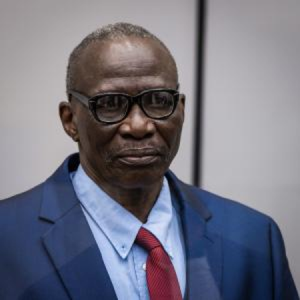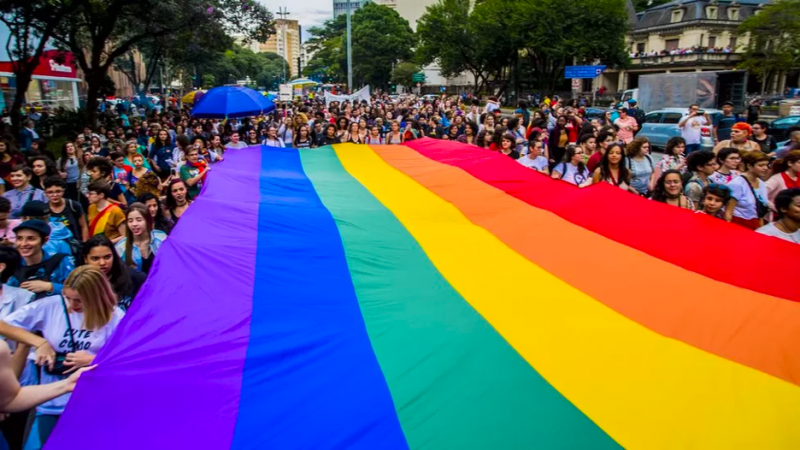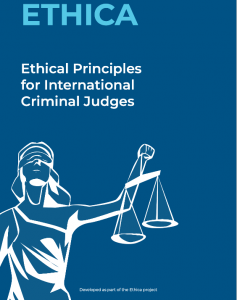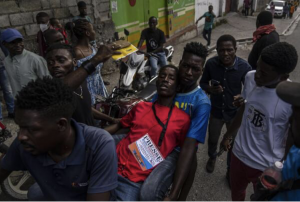By: Rachel Wallisky
Impunity Watch News Staff Writer
THE HAGUE, Netherlands — The International Criminal Court (ICC) will review war crime charges out of Sudan in The Prosecutor v. Ali Muhammad Ali Abd-Al-Rahman. Ali Muhammad Abd-Al-Rahman, also known as Ali Kushayb, allegedly committed over 30 counts of war crimes and crimes against humanity between August 2003 and April 2004 in Darfur, Sudan. The charges stem from his role as Senior Leader of the Militia, also known as Janjaweed in Sudan, where those forces carried out a widespread and systematic attack against civilians living in Wadi Salih, Sudan.
 |
The ICC confirmed the charges against Abd-Al-Rahman, stating, “[t]his attack was carried out pursuant to, and in furtherance of, a State policy to commit an attack against the civilian population in the Wadi Salih and Mukjar Localities…predominantly against civilian members of the Fur tribe.” The charges include: intentionally directing attacks against the civilian population as such, as a war crime, murder as a crime against humanity and as a war crime, pillaging as a war crime, destruction of the property of an adversary as a war crime, other inhumane acts as a crime against humanity, outrages upon personal dignity as a war crime.
The trial began back in April 2022, when the prosecution began presenting its case. The prosecution presented fifty-six different witnesses and finished presenting its evidence on June 5, 2023. The defense presented its opening statement on October 18, 2023. The defense team argued that Mr. Abd-Al-Rahman is not the man that the ICC is looking for and plans to challenge the ICC’s jurisdiction over the case.
On September 15, 2023, the defense submitted a request to admit Ms. Fiona Marsh as an expert witness. The motion argues that Ms. Marsh will testify about two questioned signatures on documents presented in the prosecution’s case. The defense argued that the signatures on two documents submitted by the prosecution were not actually written by Mr. Abd-Al-Rahman, and that “[h]er expert evidence will assist the Chamber by providing the necessary material for it to arrive at a reasoned finding on the authorship of the two questioned signatures.” The Court has not, as of yet, issued a decision on the motion.
The fallout from this attack has continued for twenty years until today. When advocates for the victims of this attack spoke on June 5, 2023, they highlighted the similarities between the situation from 2003-2005 and the present-day situation in Sudan. Given the relationship between the current situation in Sudan and the crimes that Mr. Abd-Al-Rahman is alleged to have been part of, as well as the defense’s theory that Mr. Abd-Al-Rahman is not the leader of the Janjaweed, it will be interesting to track the defense’s arguments as the case progresses.
For more information, please see:
ICC – Case Information Sheet – The Prosecutor v. Ali Muhammad Ali Abd-Al Rahman, March 2022.
ICC – Defence Request to Admit Ms. Fiona Marsh as an Expert Witness – 15 Sept. 2023.



